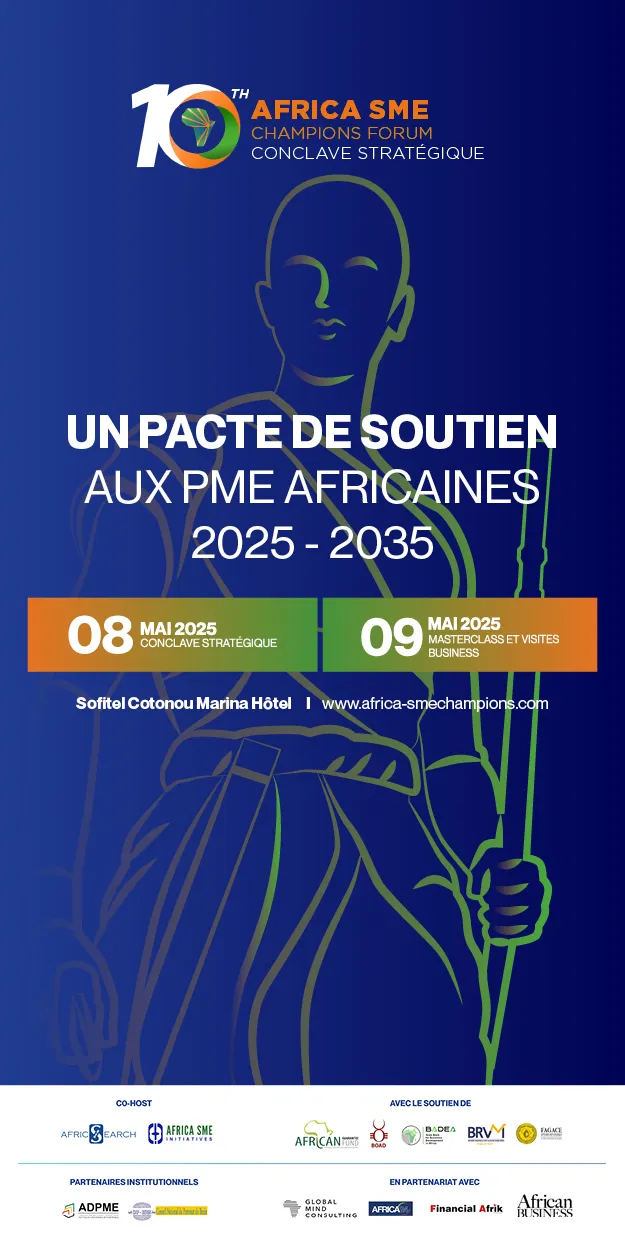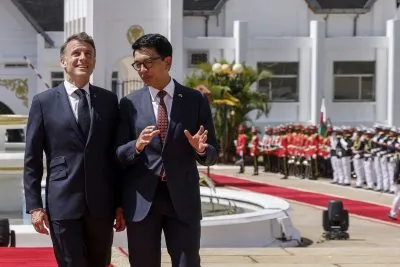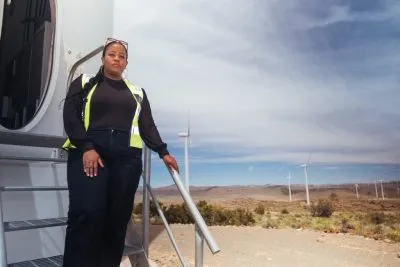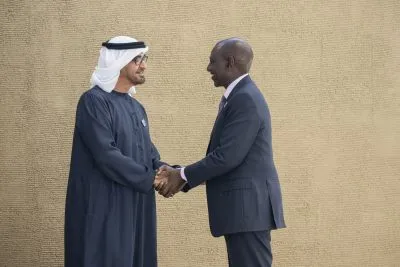Five African climate tech founders were selected to pitch their ideas at Cop27 in front of a high-level panel of judges – which included representatives from Google, Microsoft, Afreximbank and others – as part of the ClimaTech Run competition.
Described as a global competition for tech startups and digital artists addressing the most pressing climate challenges on the road to Cop27, ClimaTech Run was launched last August by Egypt’s Ministry of International Cooperation in collaboration with USAID and other partners.
From an initial applicant pool of 422 startups, only 15 finalists made it to Sharm El-Sheikh for the final stage of the competition. The three top winners, Ryp Labs, Earthly, and Koltiva received $100,000, $50,000, and $25,000, respectively.
Although it was open to startups from around the globe, the competition placed special emphasis on African climate tech startups to help redress the continent’s investment flow, which lags behind the rest of the world. In addition to reserving five places for African tech founders among the 15 invited to pitch at Cop27, special prizes were awarded to the top two African startups.
The winners of the African section were Cameroon’s BleagLee, which collects recyclable waste from people in exchange for micro health insurance and health funds, and South Africa’s LiquidGold, which provides clients with waterless sanitation solutions. They received $50,000 and $25,000 respectively.
“We were excited to hear that BleagLee received first prize for African startups at the ClimaTech Run,” its founder and CEO, Juveline Ngum, told African Business. “This reward will help us accelerate our growth and development, and we’re incredibly excited to be partnering with the sponsors of ClimaTech Run.
“Our initiative involves developing software for drones to quickly inspect poor waste disposal on physical sites, and then the waste is collected for conversion into new products. Our hope is to fight against the negative impacts of climate change caused by poor waste disposal by putting up sustainable projects for the conversion of large amounts of waste into marketable products.”
Radical funding shift needed
Despite the significant role that green tech startups could play, fintech still eats up most of investors’ attention. In 2021, climate tech startups in Africa raised a mere $440m in disclosed funding, compared to $2.4bn for fintech.
The picture is even darker at the global level. Only 0.2% of global climate tech deals in 2021 were inked in Africa – compared to 93% in the USA, China, and Europe – as PwC’s State of Climate Tech 2021 report shows.
As a result, closing the capital gap for African green startups requires more than a ClimaTech Run competition once a year, but rather a radical shift from fintech to climate tech in the priorities of incubators and venture funds.
‘Put the right conditions on the ground,’ says Think Bikes founder

Among the five African climate tech founders invited to pitch at ClimaTech Run was Tolulope Olukokun, who came from Ibadan in Nigeria to present his nascent startup Think Bikes. The former engineering lecturer told African Business about his experience at Cop27 and his startup’s plans.
African Business: What was your experience at ClimaTech Run 2022?
Tolulope Olukokun: Very nice. Very well-organised programme. If other countries could bring such an initiative, it would make a lot of sense and also identify the funding gaps of African startups.
There were a lot of different startups, from waste management to green mobility. Discussing it with the other candidates, we thought it would have been better to have more categories. If you are going to give us five awards, have five categories, and probably three startups for each category could be selected to compete with each other.
The event nonetheless allowed us to meet with interesting people with whom we exchanged phone contacts, and we will follow up on conversations. The organisers – Google, Microsoft, USAID, and Afreximbank – were particularly keen to stay in touch with us.
What do you think of Cop27? Has it been ‘Africa’s Cop’ as expected?
I think Cop made it clear that there must be action and significant funding for it. When it comes to funding in Africa, it has always been a joke. I think people realise that it must be at scale. It’s not that we are not talented, or we don’t have innovations. We have young people who are doing wonderfully well.
We know there are successful unicorns in Africa. So, put the right conditions on the ground, the enabling environment, which is funding and innovations for mitigation and adaptation of the climate crisis.
Can you tell us more about Think Bikes’ initiatives and plans?
Transportation is a significant part of our economy, yet we don’t have a reasonable means of transportation. Nigeria has only 60 vehicles per 1000 people compared to the US, which has maybe 300 or 400 vehicles per 1000. When it comes to goods for businesses, we rely on trucks which are not easily accessible and can’t go into rural communities due to bad road conditions.

We thought that micro-mobility, as compared to mass transportation, is a very good way to fill this gap. So, we are providing electric cargo bikes capable of over 50 deliveries, or 100km, which cost very little to SMEs. Even if it’s too expensive, companies can just lease or pay for what they use. We are specifically targeting smallholder farmers, agricultural processors, retailers, and general traders in a bid to smoothen our booming logistics and delivery industry.

To keep up with the latest in African tech, subscribe to Tech54
This article originally appeared in Tech54, the African Business newsletter that takes an incisive look at the continent’s tech scene. Subscribe to the newsletter here.
Want to continue reading? Subscribe today.
You've read all your free articles for this month! Subscribe now to enjoy full access to our content.
Digital Monthly
£8.00 / month
Receive full unlimited access to our articles, opinions, podcasts and more.
Digital Yearly
£70.00 / year
Our best value offer - save £26 and gain access to all of our digital content for an entire year!

 Sign in with Google
Sign in with Google 






